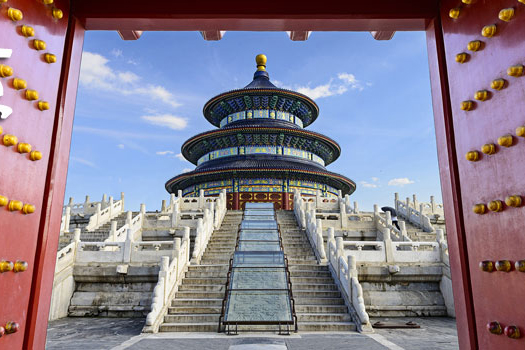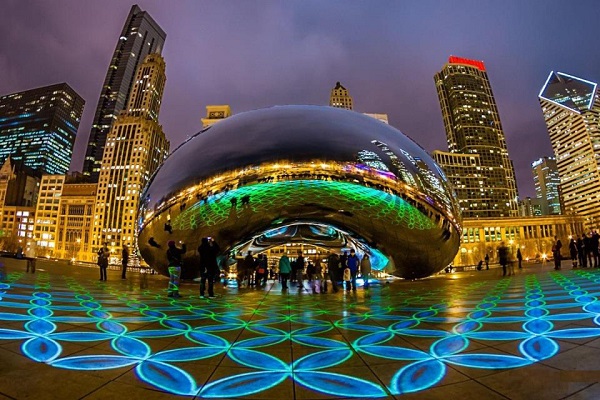Venue & Hospitality
Welcome to the Official Attendee Housing Site for the Global Food Security and sustainabilty, that will be held in the beautiful and exciting city of Beijing, China
DoubleTree by Hilton Beijing,
168 Guang An Men Wai Avenue
Xi Cheng District,
Beijing 100055
China.
Conference Dates: September 05-07, 2016
Hotel Services & Amenities
- Audio/Visual Equipment Rental.
- Business Center.
- Business Phone Service.
- Complimentary Printing Service.
- Express Mail.
- Fax.
- Meeting Rooms.
- Office Rental.
- Photo Copying Service.
- Secretarial Service.
- Telex.
- Typewriter.
- Video Conference.
- Video Messaging.
- Video Phone.
- ATM.
- Baggage Storage.
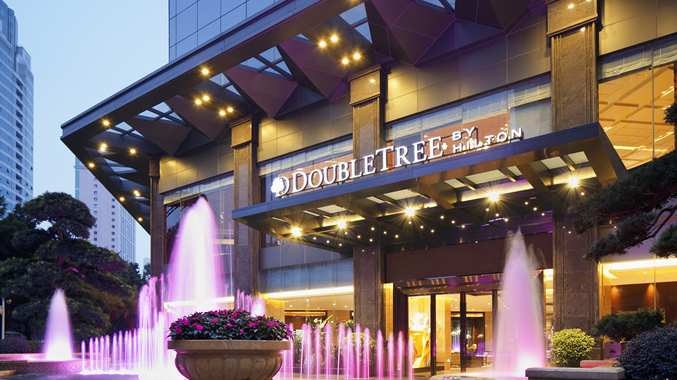
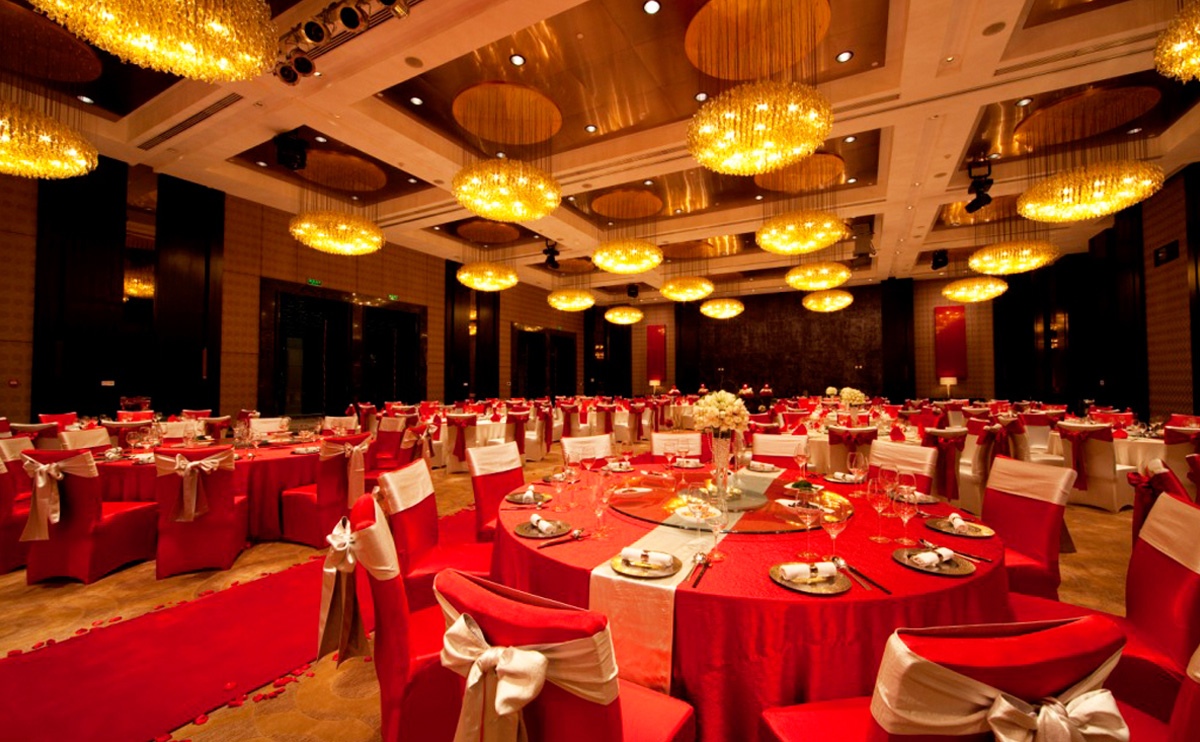
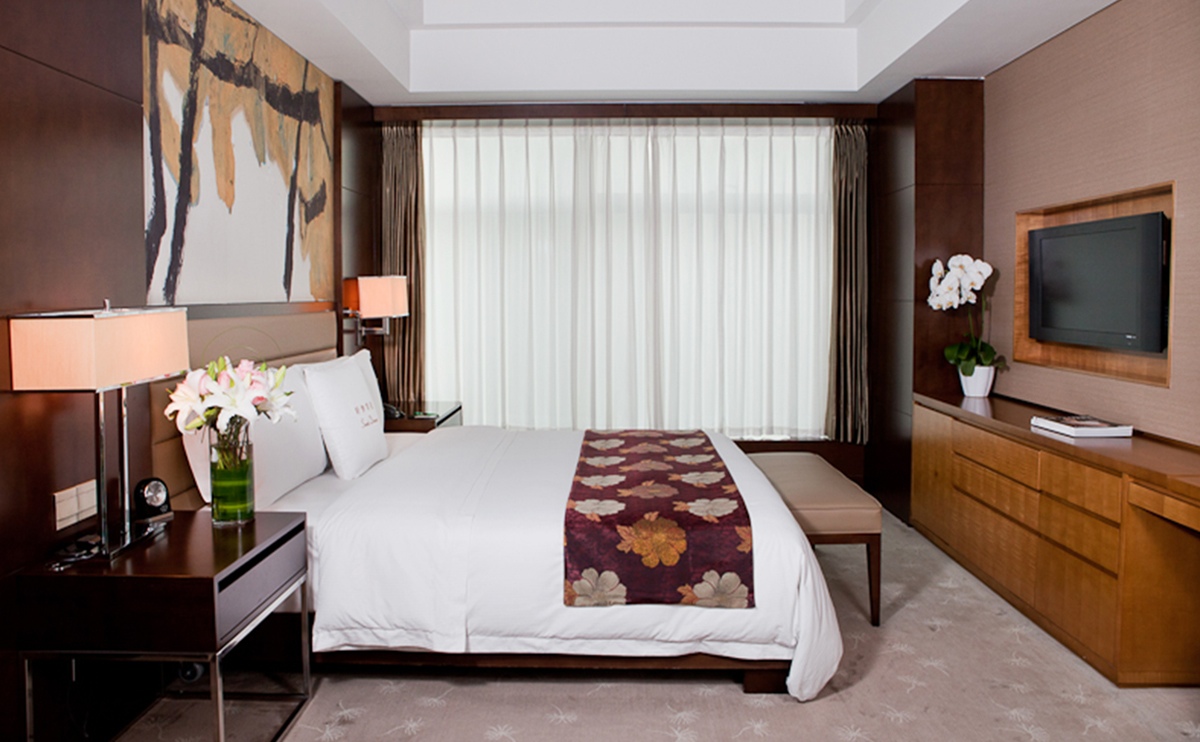
Transportation
Driving Directions to
From Beijing Capital International Airport Take the 2nd ring road via the Airport Express, heading west from the Guang An Man bridge, take Guang An Man Wai Avenue to the west. Hotel is on left when you reach the Shou Pa Kou Bridge.
Distance from Hotel: 38 km. Drive Time: 55 min.
| Type | Typical Minimum Charge |
|---|---|
| Taxi | 100.00 CNY |
| Limousine | 550.00 CNY |
Route Map
About City
Beijing is the capital of the People's Republic of China and one of the most populous cities in the world. The population as of 2013 was 21,150,000. Beijing is the second largest Chinese city by urban population after Shanghai and is the nation's political, cultural, and educational centre. It is home to the headquarters of most of China's largest state-owned companies, and is a major hub for the national highway, expressway, railway, and high-speed rail networks. China’s massive capital has history stretching back 3 millennia. Yet it’s known as much for its modern architecture as its ancient sites such as the grand Forbidden City complex, the imperial palace during the Ming and Qing dynasties. Nearby, the massive Tiananmen Square pedestrian plaza is site of Mao Zedong’s mausoleum and the National Museum of China, displaying a vast collection of cultural relics. There are many landmarks in Beijing. The best-known ones include the Badaling stretch of the Great Wall of China, the Temple of Heaven, and the Tiananmen, a number of temples, hutongs and parks.
People native to urban Beijing speak the Beijing dialect, which belongs to the Mandarin subdivision of spoken Chinese. This speech is the basis for putonghua, the standard spoken language used in mainland China and Taiwan, and one of the four official languages of Singapore. Located at the outskirts of urban Beijing, but within its municipality are the Thirteen Tombs of the Ming Dynasty, the lavish and elaborate burial sites of thirteen Ming emperors, which have been designated as part of the UNESCO World Heritage Site Imperial Tombs of the Ming and Qing Dynasties
Food for all is a fundamental human right, upon which all other human rights depend. China has a bitter memory of hunger and wants to see a world free from hunger and poverty China saw a bumper harvest for the 10th consecutive year in 2013 and summer grain output hit a record high of 136.6 million tons in 2014. According to FAO data, grain production in China has increased by 1.04 tons per hectare in the past decade. The country has used 9 percent of global arable land and 6.5 percent of fresh water resources to produce one-fourth of the world’s grain and fed nearly one-fifth of the world’s population.

